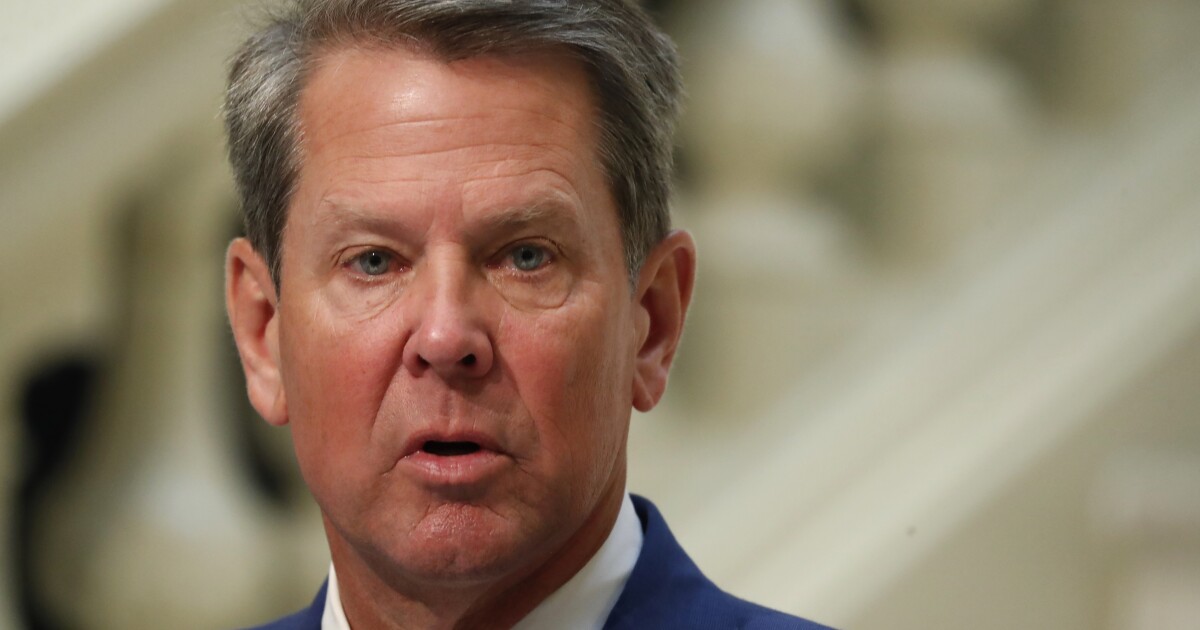The Georgia governor, who has opposed the issuance of local orders for the mandatory use of masks and even challenged one in court in Atlanta, has signed a new executive order that allows local governments to impose their use to contribute to the fight against the coronavirus pandemic.
As with previous orders, the one issued Saturday says that residents and visitors in the state are “strongly encouraged” to wear masks when leaving their homes, except when eating, drinking or exercising outdoors. However, unlike previous orders, the current one authorizes local governments in counties that have registered the “minimum threshold” to enforce the use of masks in government-owned facilities.
A county reaches that threshold if it accumulates 100 or more confirmed cases of COVID-19 per 100,000 residents in the past 14 days. Only two of Georgia’s 159 counties are below that threshold, according to information from the state Department of Public Health.
The mandatory use of masks cannot result in fines, charges or sanctions against businesses or private organizations, and punishments for non-compliance cannot include a fine greater than $ 50 or prison time, the order states. If there are people who do not use them, the authorities must warn them “about the health risks involved in not wearing a mask or other facial protection” before serving a summons.
The mandatory use of face masks by local provision cannot be imposed on residential property, and can only be ordered on private property, including businesses, if the owner or occupant agrees to the measure, according to the order.
“This order also protects Georgia businesses from government overreach by restricting the enforcement and enforcement of local requirements for the use of face masks to public property,” Kemp said in a statement accompanying the decree, which will be in effect. Until August 31. “While I support local controls, they must be properly balanced with property rights and personal freedoms.”
Additionally, the order expands the confinement requirements for people who meet specific criteria that result in a “higher risk of serious illness,” such as people in nursing homes or long-term care facilities, people with certain chronic conditions and those with their poor immune system or other conditions that make it more vulnerable to coronavirus.
–


